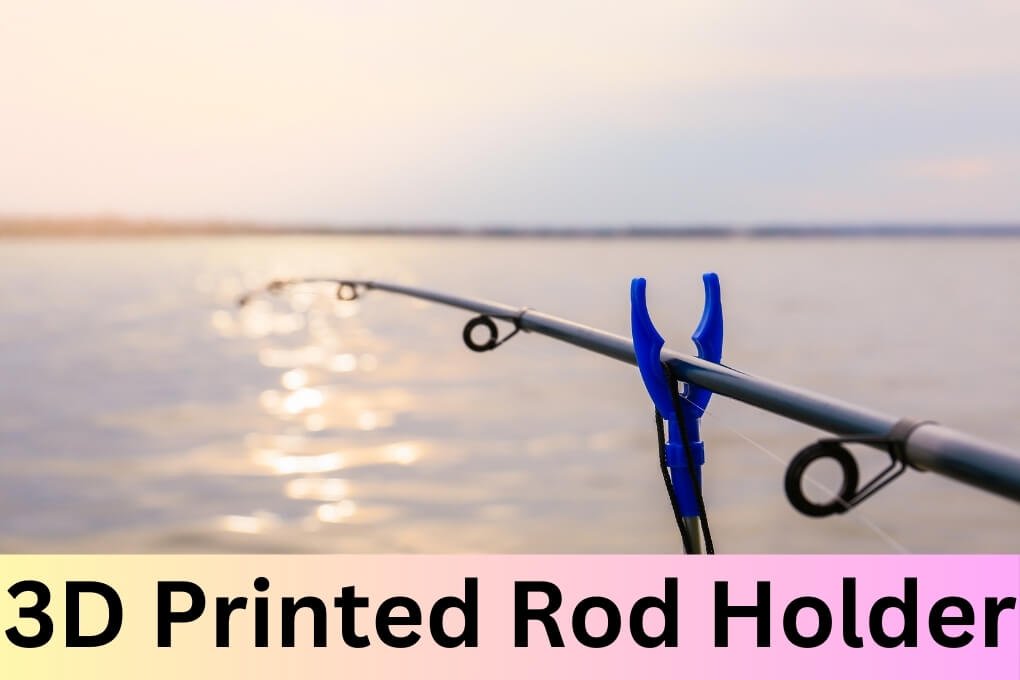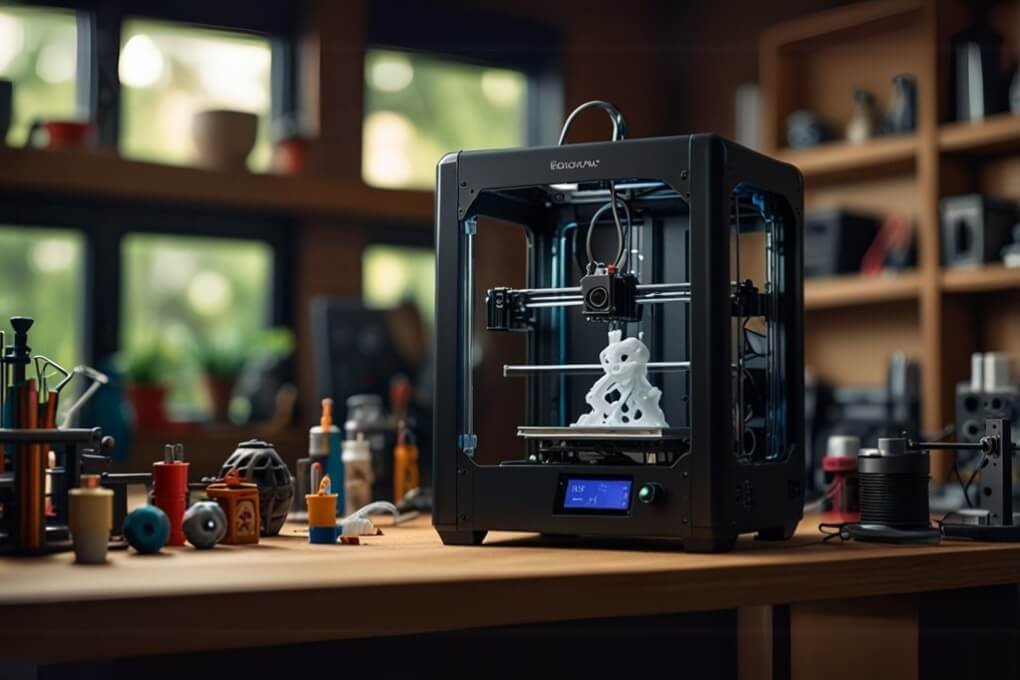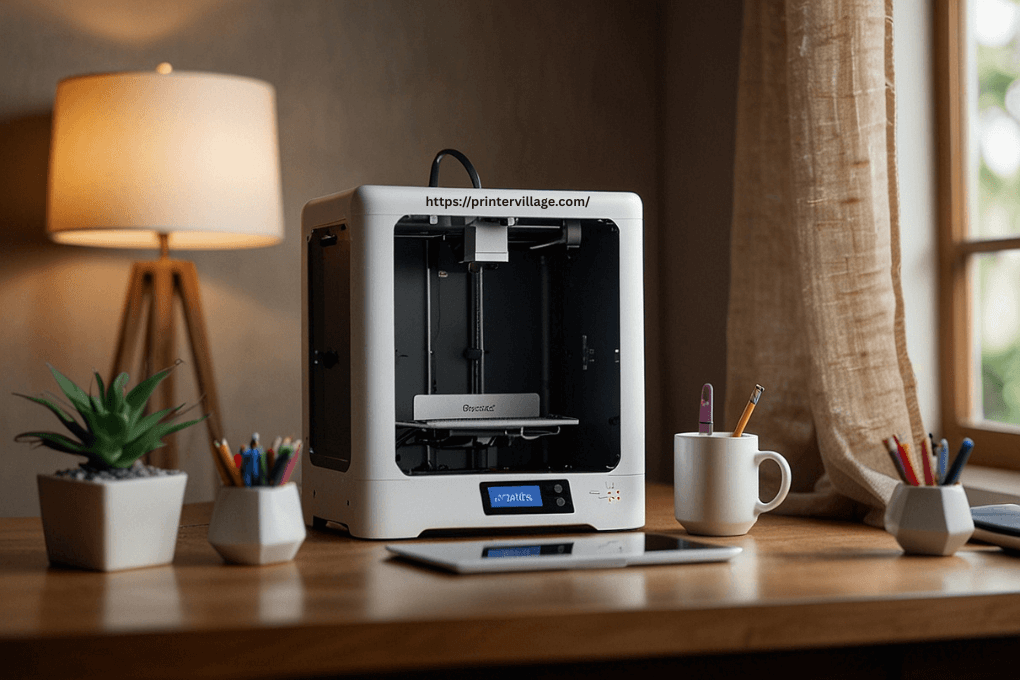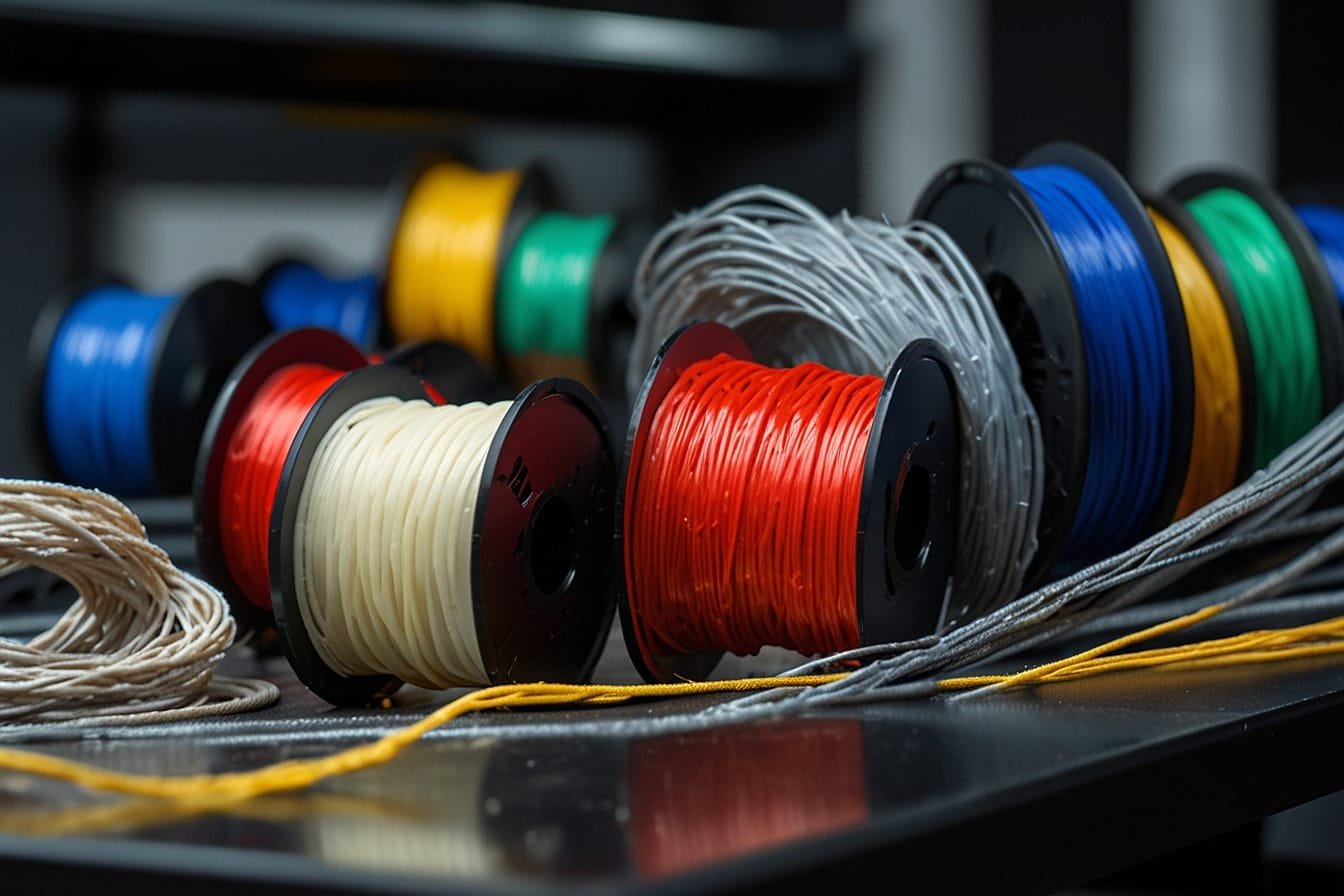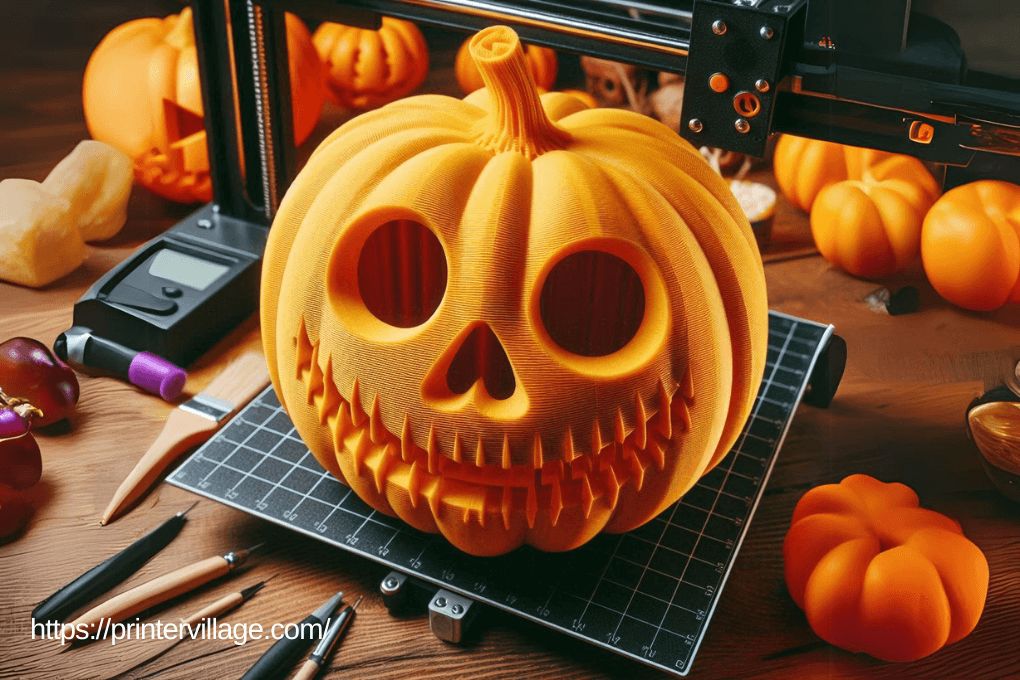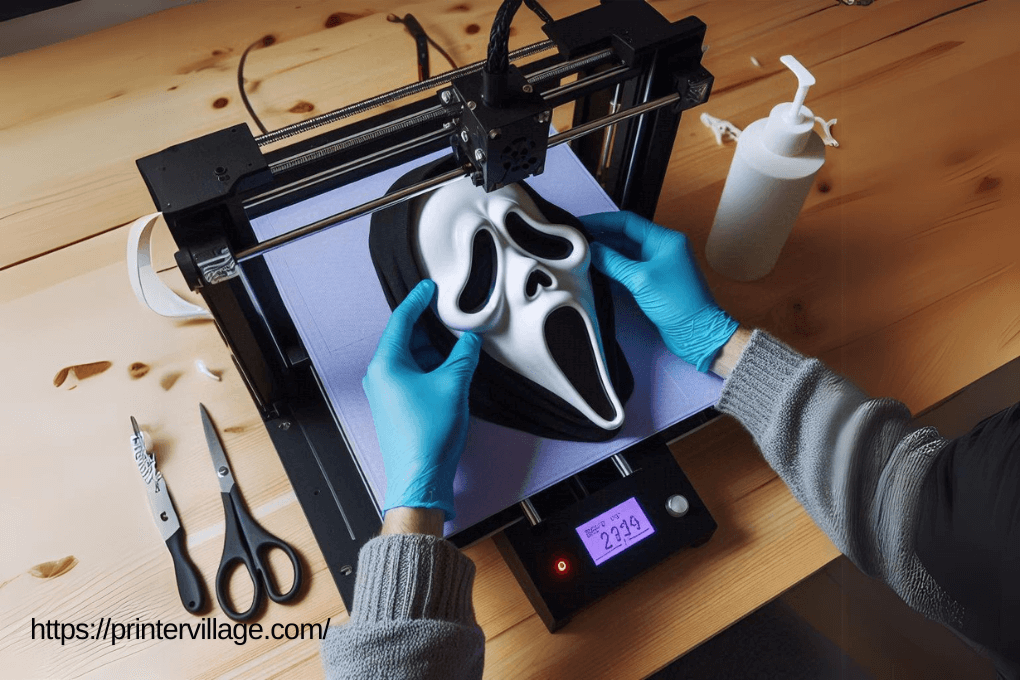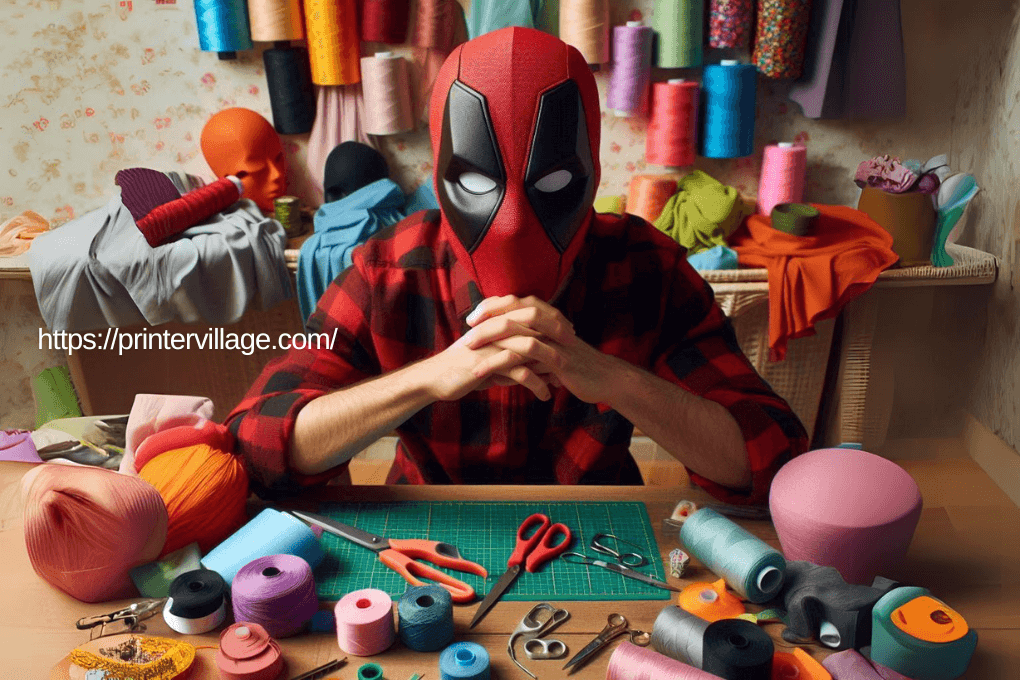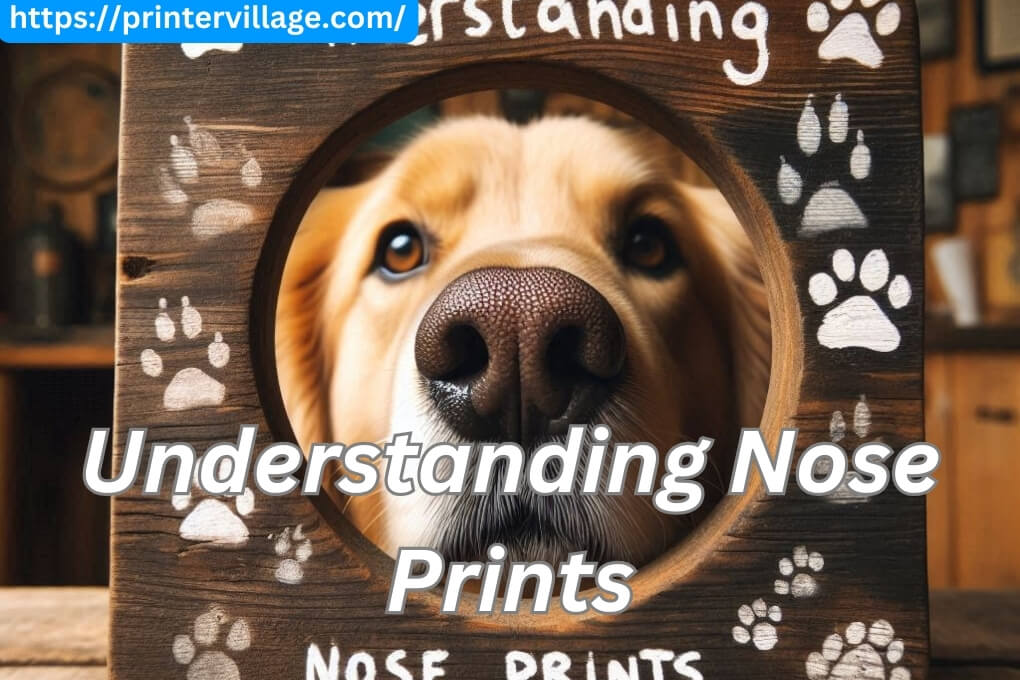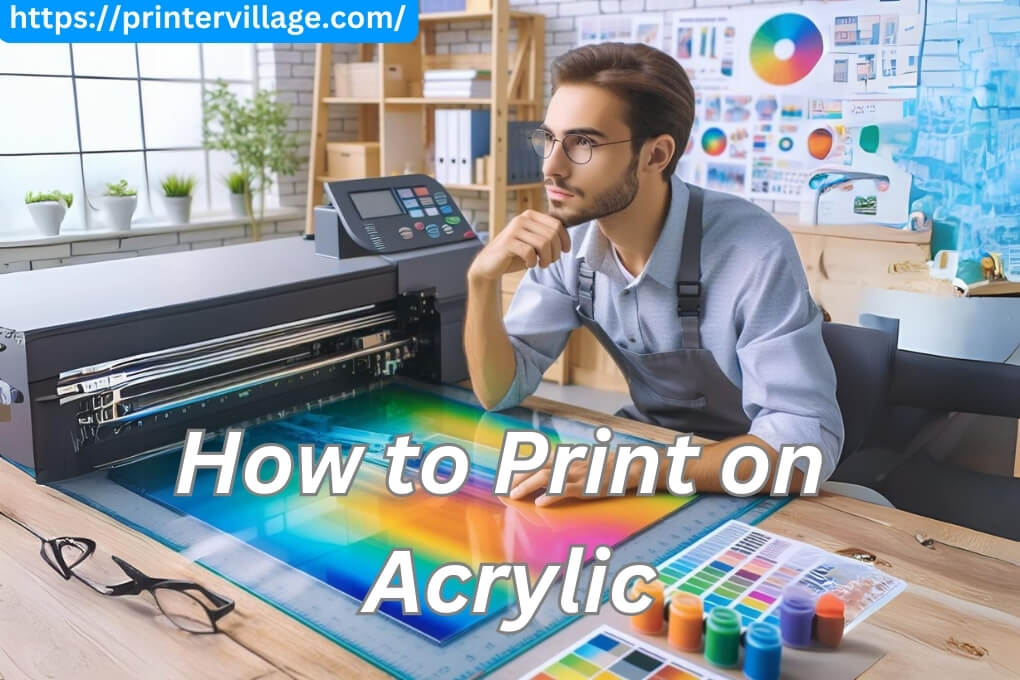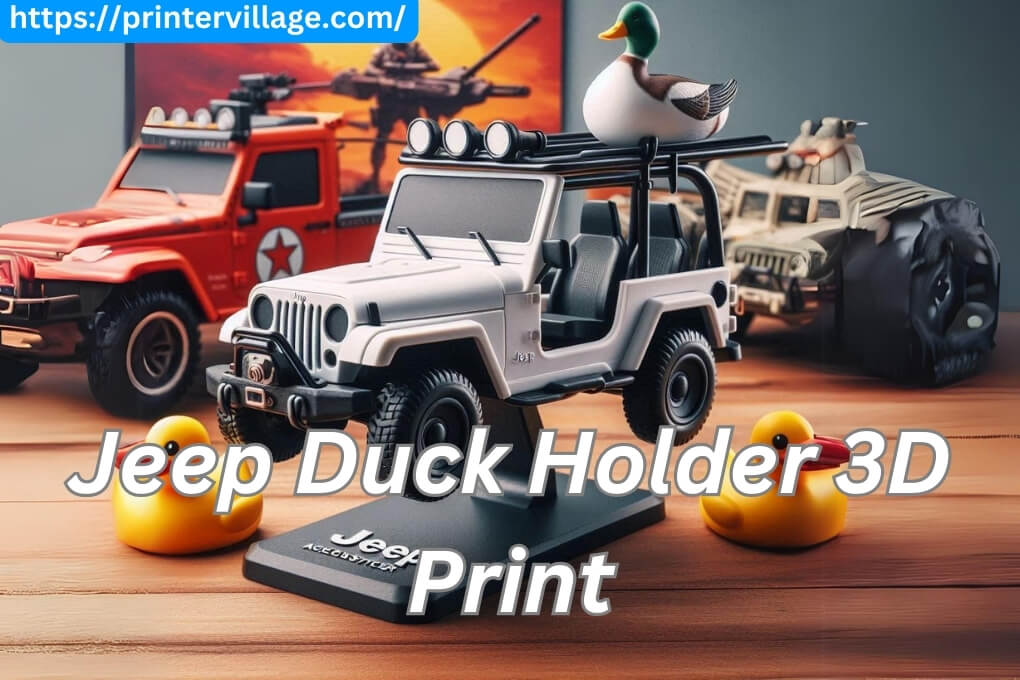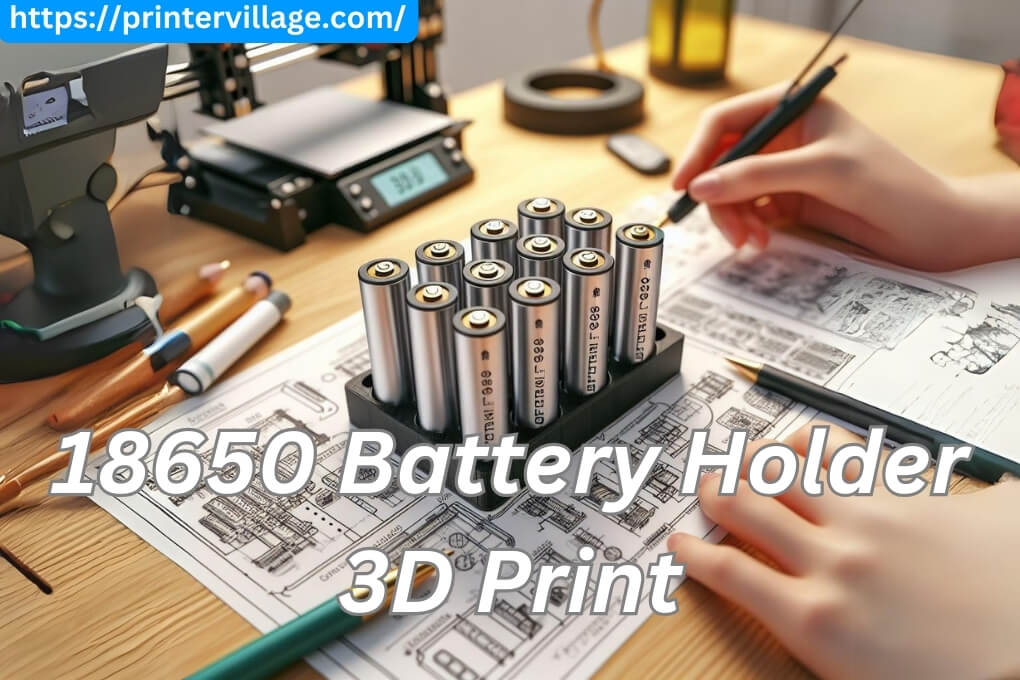Yes, a 3D printed rod holder is a practical and customizable solution for fishing enthusiasts.
Fishing enthusiasts often struggle to find the perfect rod holder that suits their specific needs and preferences. However, with the advent of 3D printing technology, it is now possible to design and create a personalized rod holder that is not only functional but also aesthetically pleasing.
In this article, we will explore the benefits of 3D printed rod holders and how they can enhance the fishing experience.
I. Benefits of Using a 3D Printed Rod Holder
When it comes to fishing, having the right equipment is essential. One piece of equipment that can greatly enhance your fishing experience is a 3D printed rod holder. These innovative accessories offer a range of benefits that make them a must-have for any angler.
Here are some of the top advantages of using a 3D printed rod holder:
1. Customization
One of the greatest advantages of 3D printed rod holders is their ability to be customized to your specific needs. With traditional rod holders, you are often limited to a few standard options. However, with a 3D printed rod holder, you have the freedom to design and create a holder that perfectly fits your fishing rod, reel, and boat. This level of customization ensures a secure and snug fit, reducing the risk of damage to your equipment.
2. Lightweight and Durable
3D printed rod holders are typically made from lightweight and durable materials such as ABS plastic or nylon. These materials offer the perfect balance between strength and weight, making them ideal for fishing trips. The lightweight design allows for easy transportation and installation, while the durability ensures that your rod holder will withstand the rigors of regular use.
3. Versatility
Another benefit of 3D printed rod holders is their versatility. These holders can be designed to accommodate different types of fishing rods, reels, and boat configurations. Whether you prefer spinning, casting, or fly fishing, a 3D printed rod holder can be tailored to meet your specific needs. Additionally, some rod holders can be adjusted to different angles and positions, allowing you to find the most comfortable and convenient setup for your fishing style.
4. Cost-Effective
Compared to traditional rod holders, 3D printed rod holders are often more cost-effective. While the initial investment may be slightly higher due to the need for a 3D printer, the long-term savings can be significant. Instead of purchasing multiple rod holders for different fishing scenarios, you can simply design and print a new holder as needed. This not only saves you money but also reduces waste and promotes sustainability.
5. Easy to Replace
In the unfortunate event that your rod holder gets damaged or lost, 3D printed rod holders are easy to replace. Simply access your design file, print a new holder, and you’re ready to hit the water again. This convenience eliminates the need to search for a specific replacement model or wait for a new one to be shipped.
Overall, a 3D printed rod holder offers a range of benefits that can greatly enhance your fishing experience. From customization and versatility to cost-effectiveness and easy replacement, these holders are a worthwhile investment for any angler.
II. How to Choose the Right 3D Printed Rod Holder for Your Needs
When it comes to choosing a 3D printed rod holder, there are a few key factors to consider.
Here are some tips to help you find the perfect rod holder for your needs:
- Material: The material used for the rod holder is crucial for its durability and performance. Look for a holder made from strong and sturdy materials such as PLA or ABS plastic.
- Design: Consider the design of the rod holder and how it will fit into your fishing setup. Look for a design that is ergonomic and easy to use. A holder with adjustable angles and secure locking mechanisms is highly recommended.
- Compatibility: Make sure the rod holder is compatible with your fishing rod. Check the dimensions and specifications to ensure a proper fit.
- Mounting Options: Consider how you want to mount the rod holder. Some holders can be attached to the boat, kayak, or fishing chair using screws or clamps. Others may have suction cups or adhesive backing for easy installation.
- Weight Capacity: Check the weight capacity of the rod holder to ensure it can support the weight of your fishing rod and reel.
- Additional Features: Look for any additional features that may enhance your fishing experience. This could include built-in cup holders, tool holders, or storage compartments for bait and tackle.
By considering these factors, you can choose a 3D printed rod holder that is durable, functional, and tailored to your specific needs. Happy fishing!
III. Step-by-Step Guide on 3D Printing Your Own Rod Holder
1. Designing the Rod Holder
Before you start printing your rod holder, you need to design it using a 3D modeling software. There are many free and paid options available, so choose one that suits your skill level and preferences. Make sure to include the necessary measurements and features to ensure a secure fit for your fishing rod.
2. Preparing the 3D Printer
Once you have your design ready, it’s time to prepare your 3D printer for the printing process. Check that the printer is clean and well-maintained to avoid any issues during printing. Additionally, ensure that you have the correct filament for your rod holder, as different materials may have different properties.
3. Loading the Filament
Next, you’ll need to load the filament into your 3D printer. Follow the manufacturer’s instructions to properly load the filament and ensure a smooth printing process. It’s important to choose a high-quality filament that is durable and can withstand the weight of your fishing rod.
4. Adjusting the Printer Settings
Before you start printing, adjust the printer settings to optimize the quality and strength of your rod holder. This includes setting the layer height, print speed, and infill density. Experiment with different settings to find the best combination for your specific needs.
5. Printing the Rod Holder
Now it’s time to start the printing process. Ensure that your printer is properly calibrated to avoid any issues with the print. Start the print and monitor it closely to ensure that it is progressing smoothly. Depending on the complexity and size of your rod holder, the printing process may take several hours.
6. Removing and Cleaning the Printed Rod Holder
Once the printing is complete, carefully remove the rod holder from the printer’s build plate. Use a spatula or scraper to gently pry it off, taking care not to damage the print or the printer. After removing it, clean any excess filament or support material from the rod holder using a pair of pliers or a file.
7. Finishing Touches
If desired, you can add some finishing touches to your rod holder. This may include sanding the surface for a smoother finish or painting it to match your personal style. Be sure to let any paint or finish fully dry before using the rod holder.
8. Testing and Mounting
Once your rod holder is fully finished, it’s time to test it out and mount it to your desired location. Attach it securely to your fishing boat, kayak, or any other surface using screws or adhesive, depending on the design and material of your rod holder. Make sure it is firmly in place before using it to hold your fishing rod.
9. Enjoying Your 3D Printed Rod Holder
Congratulations! You have successfully 3D printed your own rod holder. Now you can enjoy the benefits of having a custom-made holder that perfectly fits your fishing rod and meets your specific needs. Remember to regularly inspect and maintain your rod holder to ensure its longevity and continued functionality.
IV. Maintenance and Care Tips for Your 3D Printed Rod Holder
Proper maintenance and care of your 3D printed rod holder will ensure its longevity and optimal performance.
Here are some essential tips to keep in mind:
- Regular cleaning: It is important to clean your rod holder regularly, especially if you use it in saltwater environments. Saltwater can cause corrosion and damage to the holder. Use a mild detergent and warm water to clean the holder thoroughly, and make sure to rinse it off completely to remove any residue.
- Inspect for damage: After each fishing trip, inspect your rod holder for any signs of damage or wear. Check for cracks, loose parts, or any other issues that may affect its functionality. If you notice any damage, it is best to repair or replace the holder before using it again.
- Store properly: When not in use, store your rod holder in a dry and cool place. Avoid exposing it to direct sunlight for extended periods, as UV rays can degrade the material over time. Consider using a storage bag or case to protect the holder from dust and other environmental factors.
- Avoid excessive force: While 3D printed rod holders are durable, it is important to avoid applying excessive force or weight on them. Do not use the holder as a leverage point or apply excessive pressure when inserting or removing fishing rods. This can cause stress on the holder and lead to damage.
- Check for loose fasteners: Periodically check the fasteners and screws on your rod holder to ensure they are secure. If you notice any loose or missing fasteners, tighten or replace them as necessary. Loose fasteners can compromise the stability and safety of the holder.
- Consider using lubrication: If your rod holder has moving parts, such as swivel mechanisms or adjustable angles, consider applying a small amount of lubricant to ensure smooth operation. Be sure to use a lubricant that is compatible with the material of your holder.
- Monitor for wear and tear: Over time, 3D printed rod holders may show signs of wear and tear, especially if used frequently. Keep an eye out for any cracks, warping, or fading of the material. If you notice significant deterioration, it may be time to replace the holder to ensure safe and reliable use.
By following these maintenance and care tips, you can extend the lifespan of your 3D printed rod holder and continue to enjoy its benefits on your fishing adventures.
Frequently Asked Questions about 3D Printed Rod Holders
What is a 3D printed rod holder?
A 3D printed rod holder is a fishing accessory that is created using a 3D printer. It is designed to securely hold fishing rods in place, allowing anglers to have a hands-free fishing experience.
How does a 3D printed rod holder work?
A 3D printed rod holder typically consists of a base with a rod holder mechanism. The base can be attached to various surfaces, such as boats, kayaks, or fishing stands. The rod holder mechanism securely holds the fishing rod in place, allowing the angler to focus on other tasks or wait for a bite.
What materials are commonly used for 3D printed rod holders?
Common materials used for 3D printed rod holders include PLA (Polylactic Acid) and ABS (Acrylonitrile Butadiene Styrene). These materials are durable, lightweight, and can withstand the outdoor elements.
Are 3D printed rod holders adjustable?
Yes, many 3D printed rod holders are designed with adjustable features. This allows anglers to customize the angle and position of the rod holder to suit their fishing style and preferences.
Can 3D printed rod holders hold different types of fishing rods?
Yes, most 3D printed rod holders are designed to accommodate various types of fishing rods, including spinning rods, baitcasting rods, and fly rods. However, it is always recommended to check the specifications of the rod holder to ensure compatibility.
How durable are 3D printed rod holders?
The durability of 3D printed rod holders depends on the material used and the design. PLA and ABS are known for their strength and durability, making them suitable for outdoor use. However, it is important to handle the rod holder with care to avoid any damage.
Can 3D printed rod holders be used in saltwater environments?
Yes, 3D printed rod holders can be used in saltwater environments. However, it is recommended to rinse them with freshwater after each use to prevent salt buildup and corrosion.
Are 3D printed rod holders easy to install?
Yes, 3D printed rod holders are typically designed for easy installation. They often come with mounting hardware or adhesive options, allowing anglers to securely attach them to their desired location.
Can I customize the design of a 3D printed rod holder?
Yes, one of the advantages of 3D printed rod holders is the ability to customize their design. Many online platforms and communities offer downloadable designs that can be modified to fit specific needs or preferences.
Where can I purchase a 3D printed rod holder?
You can purchase 3D printed rod holders from various sources, including online marketplaces, fishing equipment stores, and specialized websites that offer 3D printed fishing accessories.
conclusion on 3D Printed Rod Holder
The 3D printed rod holder presents a versatile and efficient solution for organizing rods and other equipment. Its customizable design and durable construction make it an ideal choice for anglers seeking practical storage solutions.
